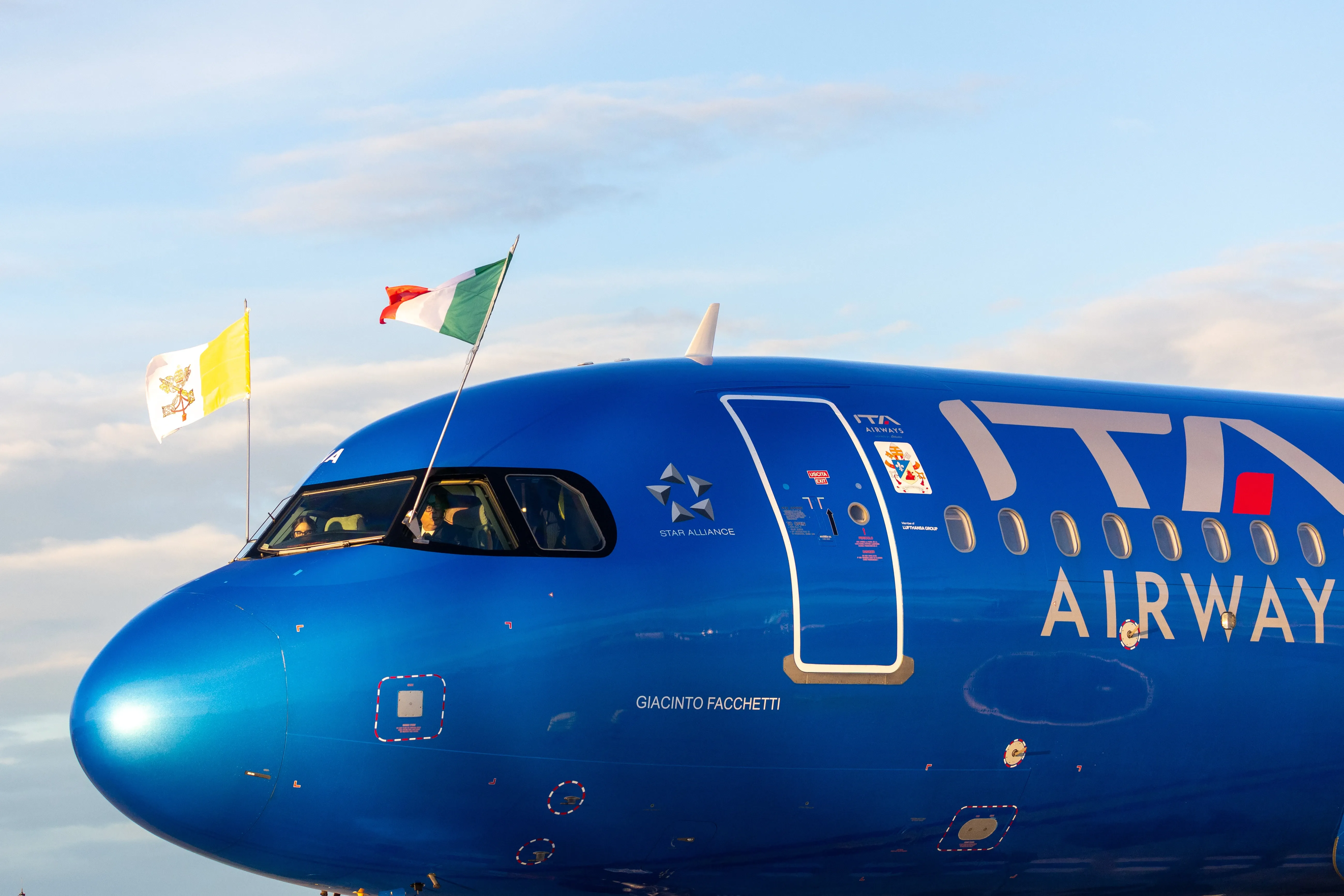While the overwhelming majority of comments to Akin’s post were negative, there was some praise for the Vatican’s efforts:
Akin told CNA he wasn’t surprised at the reaction to the survey.
“Many people are suspicious of the upcoming Synod on Synodality, and that itself would generate concerns. Also, from filling out the questionnaire myself, it was clear that whoever composed the questions and answers was not thinking from the perspective of many active, engaged, orthodox Catholics,” he said.
(Story continues below)
“I expected that there would be individuals who saw the questionnaire as slanted towards a particular set of viewpoints and answers,” Akin added.
On the whole, he thinks it is worth completing the questionnaire.
“My view is that if the Vatican asks for your opinions, it is better to cooperate and give them, even if the instrument is imperfect. Having your voice heard is better than not having it heard at all,” Akin said.
Akin added that he was glad to help when asked.
"I recognize that the Holy See is a place with people who have many different views, and nobody except the pope has the final say on a thing. But I believe in being helpful and constructive when asked, so I was happy to help the Dicastery for Communications," he said.
The Vatican, he said, was also aware that Akin’s audience and that of the other influencers is not representative of active Catholics.
“Someone at the Vatican clearly understood that they would not be getting the views of people who don't go to Mass from the diocesan surveys. They made a point to us that participants do not need to be active Catholics to share their views. They want to hear from people of goodwill who are willing to engage with the Church in some form, even if some do not presently practice the Faith,” he said.
The Vatican’s communications office conducted a similar campaign in France and in Spain, employing “priest influencers” to reach out to young people who failed to attend the parish Synod meetings.
"Following the synod, from which young people were largely absent, the dicastery met with a group of Spanish influencers," Father Gaspard Craplet told the French Catholic website La Croix.
"They said that the digital world should be consulted and submitted the question to the pope, who replied that we should go for it," he said.
Craplet told La Croix that the dicastery contacted him and other priests who have a following on social media and asked them to pass along the survey.
"Unlike a parish, influencers reach people who follow them freely, like sheep choosing their shepherd," he said.
The survey distributed in Spain sparked backlash because a possible gender identification was reportedly listed as “I do not know.”
That part of the survey was said to have been amended to read, “Don’t want to respond,” the answer that was subsequently adopted by the American version of the survey distributed by Akin.
The Synod on Synodality was announced in March 2020. It is focused on discernment with the whole people of God, journeying together, and listening to one another.
It began with a diocesan phase, in which each bishop has been asked to undertake a consultation process with his local Church. The results of these consultations are to be sent to the Vatican by Aug. 15.
This will be followed by a continental phase, from September until March 2023. It will conclude with a Synod of Bishops held at the Vatican in October 2023.
Zelda Caldwell is News Editor at Catholic News Agency based in Washington, DC. She previously worked for Aleteia, as News and Culture editor.








